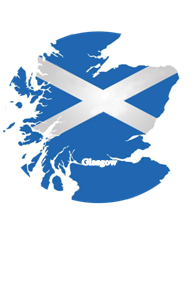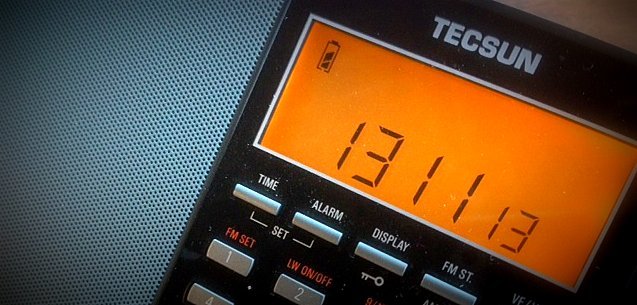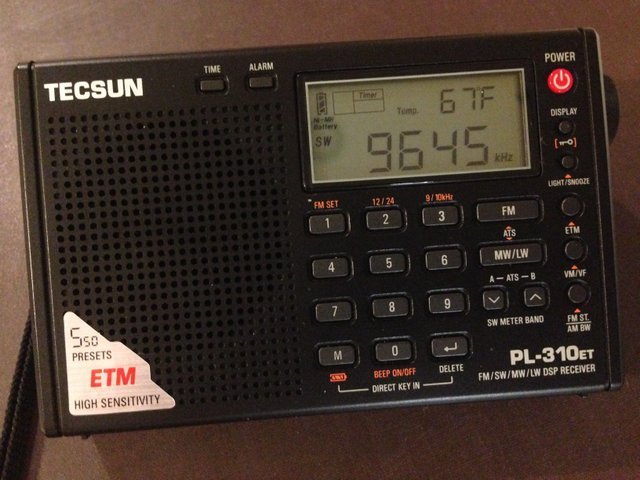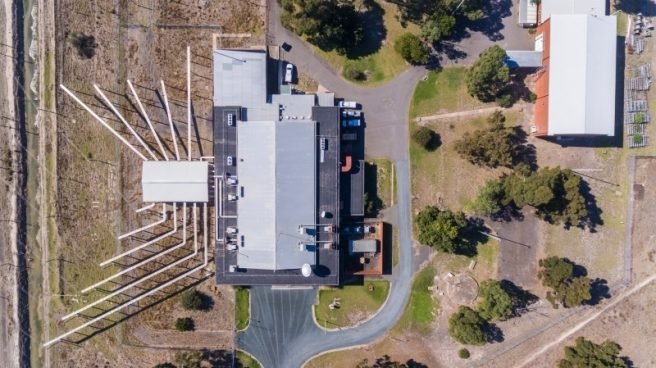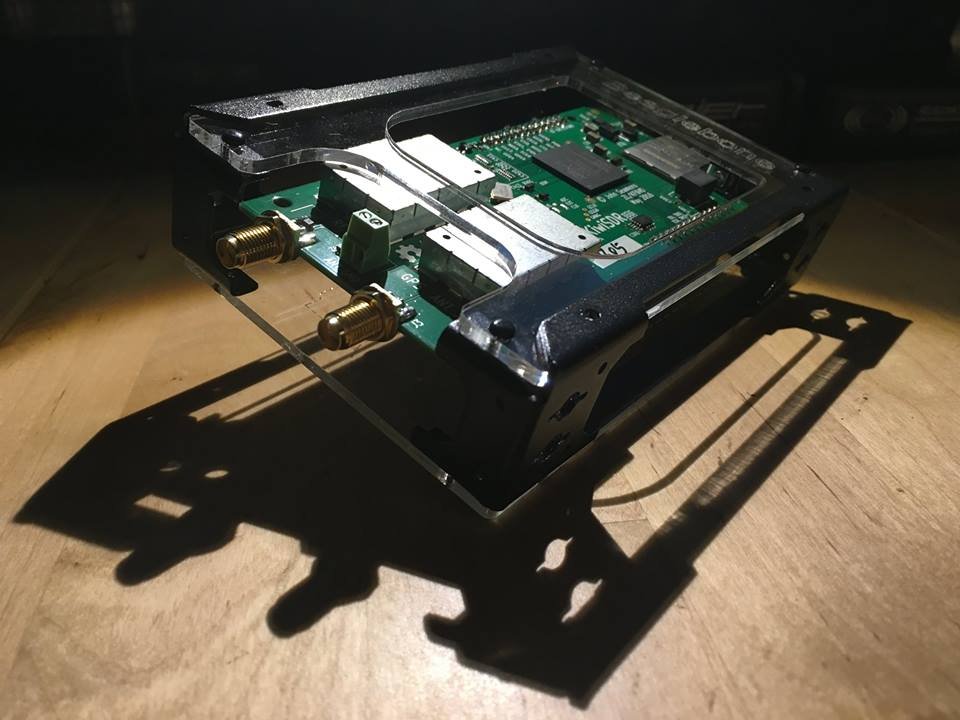
Mark Fahey’s KiwiSDR (WebSDR)
Many thanks to SRAA contributor, Bryce Belcher, who shares the following recording and notes:
Broadcaster: Radio Free Whatever
Date of recording: May 08, 2022
Frequency: 6.955 MHz
Receiver and antenna: The NA5B WebSDR Located in Washington DC.
Mode: Single Side Band
Notes: Here is my recording of radio free whatever on 6.955 MHz, recorded on Mother's Day, May 8, 2022. If I remember correctly, I think this may have been recorded around 9:39 PM Eastern. If any of you haven't heard radio free whatever, they pretty much play all types of music. This was recorded using the NA5B webSDR Receiver that is located in Washington DC.

